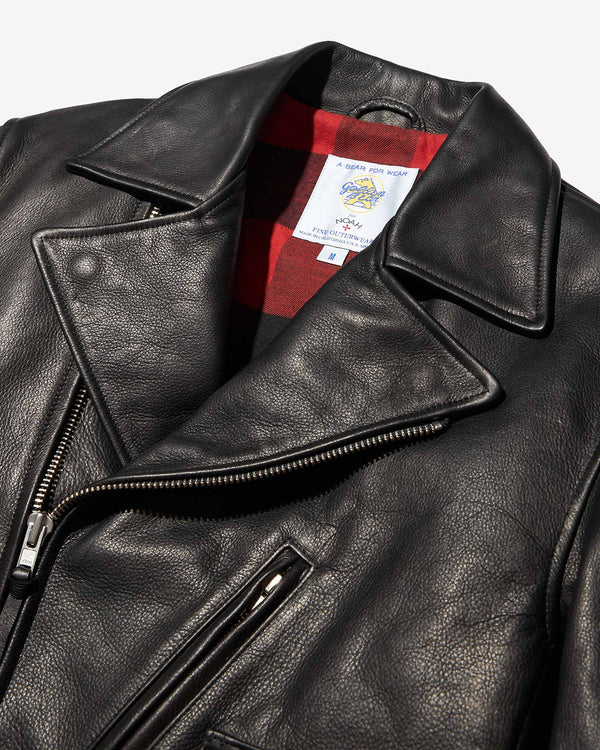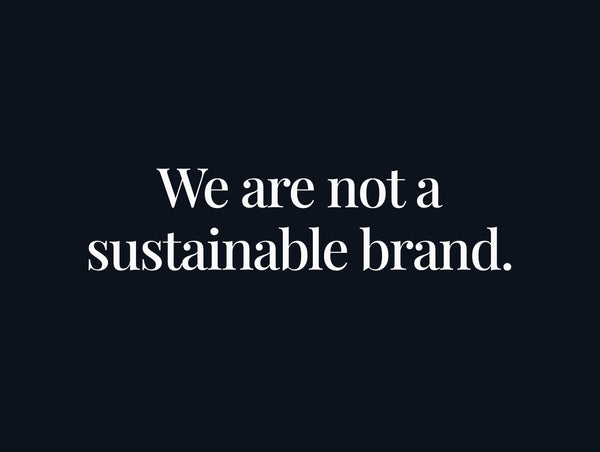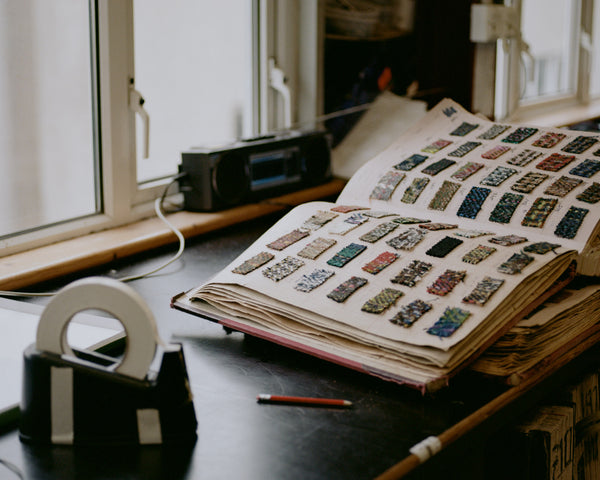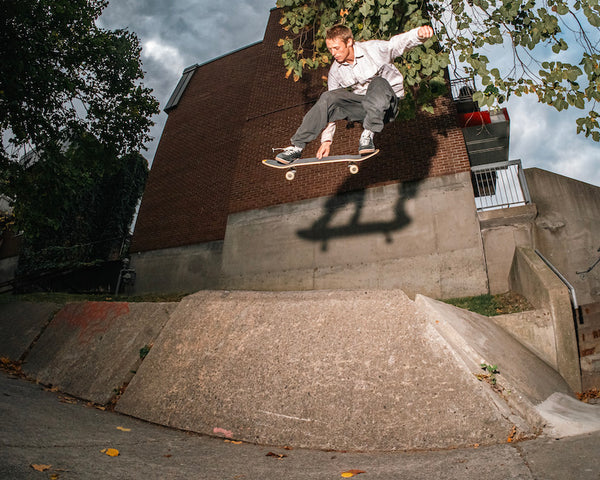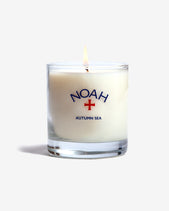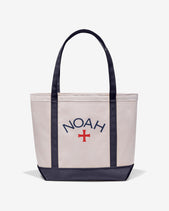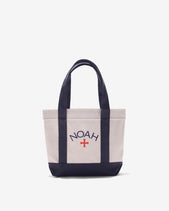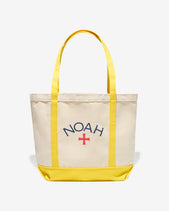
When we first noticed the alarming rise of hate crimes and racist incidents happening against Asian Americans, we wanted to do our best to figure out how to be a part of the movement. One of the first things we did was make donations to the Asian American Legal Defense and Education Fund, a New York-based national organization that protects and promotes the civil rights of Asian Americans.
But we also recognize that there is no universal Asian American experience and wanted to use our platform to help amplify a variety of voices that could speak to that. Coinciding with Asian and Pacific Islander Heritage Month, we asked a few friends to share their perspectives on the issues that are currently concerning them and productive ways to help the collective community.
In addition, we will be donating 10% of proceeds from our sales on 5/27 to stopaapihate.org

I’m pretty sure my family still has no idea what I do for a living. I mean, they have an idea of it, but if they had to explain it over the phone to a friend, I don’t think they could come up with a better explanation than something along the lines of: “Um, I guess he exchanges words and ideas...for money?”
I won’t bore you with another tale of a third culture immigrant kid going against the grain to create his own lane, but what I do think is important is the moment I realized I wasn’t alone. It’s a sentiment I touched on when I wrote an article in Highsnobiety about how street culture shaped Asian American identity. I might physically be here because my parents thought it would be a good idea to move from the Philippines to the United States, but the path I’m on career-wise was made possible by people who looked like me and paved the way.
We’re in a golden age of inclusive creativity. To me, the greatest shift in the last decade or so has been more and more Asian American creatives stepping into their own power and realizing how much representation truly matters. Too often, it’s easy to brush off individual success in favor of focusing on a collective goal, but part of that innate desire to keep your head down and not accept the credit you deserve comes from a feeling that maybe you don’t belong in that hard-earned spot in the first place.
It’s amazing to see the progress we’ve made going from behind-the-scenes figures to some of the most prominent faces in the creative industries and pop culture. Anyone vaguely familiar with Noah’s origins and the collective community it touches probably recognizes names like Bobby Kim, Sung Choi, Daewon Song, Willy Santos, and late greats like Jonas Bevacqua and Shogo Kubo.
And now our stories are being amplified on so many mediums. You’ve got best-selling authors like Mary H.K. Choi who also has roots in scrappy, alt media (shouts to MISSBEHAVE), Eddie Huang’s life story being turned into a network sitcom (with one of the best DMX cameos ever), then making his foray into film, and that’s not even scratching the surface.
The aperture is opening up to a much wider lens. South Asian American experiences are now being portrayed at so many levels. Whether it’s what Aaron Aulja has literally built as the co-founder of Green River Project, or the eclectic creativity that characterizes a lot of Ava Nirui’s projects. But it’s also wild to see the representation Pacific Islanders are getting. It speaks volumes that Aquaman is portrayed by Jason Momoa, a native Hawaiian, the place that literally invented surfing. Temuera Morrison, a prominent Maori actor, plays Boba Fett, one of the most beloved characters in Star Wars. And of course, The Rock is a household name at this point.
And yes, collectively we still have much further to go. But sometimes it’s humbling to look back and recognize how much progress has been made. Learning from the past is often the best way to help make an even better future.
Jian DeLeon is a writer and editor in New York.

A Chinese American friend of mine works at a hospital in the city. In the early days of the pandemic, he leveraged his personal connections to bring in KN95 masks for the hospital staff so they could care for the city’s ill in safer conditions. Now, it’s not masks he’s looking for — it’s pepper spray, to protect himself and his partner. It’s sad, but it adds up to me: For all the ways that lives have been curtailed by COVID, that number’s got to pale in comparison to those affected by generations of racism.
I was born in this country to Korean immigrants. Like many Asian Americans whose parents dreamed of bright futures for their kids, I was taught to keep my head down, work hard at school, and stay out of trouble by avoiding conflict. If I did this, I would go on to have a successful life. If I did this, the “American Dream” was in reach.
And that’s what I did, even as I fell in love with the weirder fringes of culture — a lifelong journey of flying my own flag and finding my tribe through music, concert tees, and style. It’s what drew me to Noah and what it represents. And as I accidentally fell into a successful corporate career, I learned to hide that part of me — still keeping my head down. I was so successful that a co-worker’s partner called me “basically white.” I had succeeded in becoming so invisible that she couldn’t see me standing right there in front of her.
But invisibility doesn’t mean belonging. As the past year has made it plain to see, Asian Americans are not white and will never be. For all the privilege I’ve benefited from, it still feels like there’s a ceiling in our society for people like me. It’s why I can’t hang with the term “model minority” — a designation that can be taken away any moment there’s a crisis and the country needs a scapegoat.
Beyond that, it’s not a status that elevates anyone, it’s a status that keeps people down. It oversimplifies what it is to be Asian in America even as it sows division, mistrust, and competition when we should be working with each other to make this country better. Even as Asian Americans have suffered through systemic racism, far too many of us have played our part — playing into an “us vs. them” attitude with other Americans with different ancestries. That’s what it means to be systemic: If you’re part of the system, you’re part of the problem.
It’s tough, I know, nobody likes to think about themselves as contributing to racism. But it’s liberating, too, because if you’re inadvertently part of the problem, all it takes to be part of the solution is to get conscious and do something about it. So get educated and educate your friends. See people for who they are. Be an ally, or better yet — an accomplice. Stand up for a stranger who needs help. Stand by your principles. Support those who are doing the work. Join the fight. Do anything except doing nothing.
If we could work together instead of against each other, just imagine what we could accomplish.
Robert Ji Hoon Lim is a freelance writer whose work has been featured by Noah. This is the 7” mix of a longer piece he wrote for his newsletter, “Birds of a Feather” - you can read that (and subscribe) here: https://birdsofafeather.substack.com/p/hello-my-name-is

Growing up, I hated being Asian. I hated being the weird kid whose parents packed them bento box or sushi lunches when all I wanted was French bread pizza. Yet, according to the popular cinema of the time, those lunches should have made me Claire in The Breakfast Club – privileged and popular — but why then did I feel like Long Duk Dong in Sixteen Candles — foreign and awkward? Apologies for the double Molly Ringwald movie references; she was the “It Girl” of my adolescent years.
I hated spending my Saturdays attending Japanese school (yes – I went to school six days a week, in accordance with my counterparts growing up in Japan) instead of sleeping in or watching Saturday morning cartoons. I hated growing up in a household with three generations – my grandparents, my parents and myself – under one roof. Why didn’t my grandparents live in Florida, like my non-Asian friends, where I could visit them a few times a year?
After growing up in a predominantly white community, I left for college and went through a period of time where almost all of my friends were Asian. It was a relief to have a friend group who had so many of the same experiences, with an unspoken understanding that felt easy and reassuring. We took the 7 train to Flushing to eat Sichuanese food and order the spiciest dishes on the menu, the black peppercorn leaving a pleasant burning sensation in our mouths and stomachs. They understood my predilection for New Wave and wearing all black clothing, contrasting with my love for cutesy things – Keroppi pens and My Tuxedo Sam stationery. I happily existed in this homogenous bubble I had created for myself for a few years, until I came to the gradual understanding that it was problematic in its own way. It didn’t represent the diverse racial makeup of the United States, the country I was born in and want to live in. I am solidly Asian American; I can’t imagine living in Japan – it would be like releasing a domesticated pet into the wild.
As I grew up and entered the workplace, my ethnic identity faded into the background, only brought out when it was convenient, like whenever I was asked to weigh in on which Japanese brands could cross over to the American market. I rarely thought about being Asian and I was glad to not have to face my conflicting feelings about it. When I learned that Kevin Kwan’s book Crazy Rich Asians was being turned into a movie with an all-Asian cast, I was intrigued but unsure. On the one hand, it seemed like a sign that Asian representation in film, at least, was moving in the right direction. On the other hand, did our story deserve such a large platform? When I actually saw the movie, I was entertained but disappointed. I don’t know what I expected with a title like that, but growing up solidly middle class, this wasn’t the Asian American experience I recognized or related to. Films like this, along with shows like Bling Empire, perpetuate the myth that all Asians who moved to the United States are thriving, discounting any other experience.
Recently, I read Minor Feelings: An Asian American Reckoning by Cathy Park Hong. One paragraph hit me particularly hard:
“The indignity of being Asian in this country has been underreported. We have been cowed by the lie that we have it good. We keep our heads down and work hard, believing that our diligence will reward us with our dignity, but our diligence will only make us disappear. By not speaking up, we perpetuate the myth that our shame is caused by our repressive culture and the country we fled, whereas America has given us nothing but opportunity. The lie that Asians have it good is so insidious that even now as I write, I’m shadowed by doubt that I didn’t have it bad compared to others. But racial trauma is not a competitive sport.”
But just like racial trauma isn’t a competitive sport, it also isn’t a race. There are laggards, like me, who are slow to overcome their own racial discomfort. I have to be honest – when the “Stop Asian Hate” movement started, it was difficult for me to want to participate. How could I blame them for hating me for being Asian when I sometimes hated being Asian? I spent so much of my life rejecting my Asian heritage that I now felt guilty for claiming it and feeling solidarity with the movement, but coronavirus has given me no choice. One thing that the pandemic and the resulting anti-Asian hate crimes have taught me is that even though I was born in New York and I’ve achieved several of the benchmarks of success valued in our American capitalist society, nothing can shield me against racism or xenophobia.
Despite everything, when some people look at me, all they will see is my Asian-ness. Which is why I choose to write this, to speak up, to volunteer my time and money, to educate and be educated. There is too much at stake not to.
Mimi Fukuyoshi works in fashion in New York.

Report an anti-Asian hate incident at https://stopaapihate.org/ or https://www.standagainsthatred.org/
You can also sign the petition to end hate crimes against Asian Americans at:
https://www.change.org/p/governor-andrew-cuomo-end-hate-crimes-against-asian-americans.
Donate to Stop Asian Hate funds at https://www.gofundme.com/c/act/stop-aapi-hate.
Do what you can. It’s never too little, or too late.
